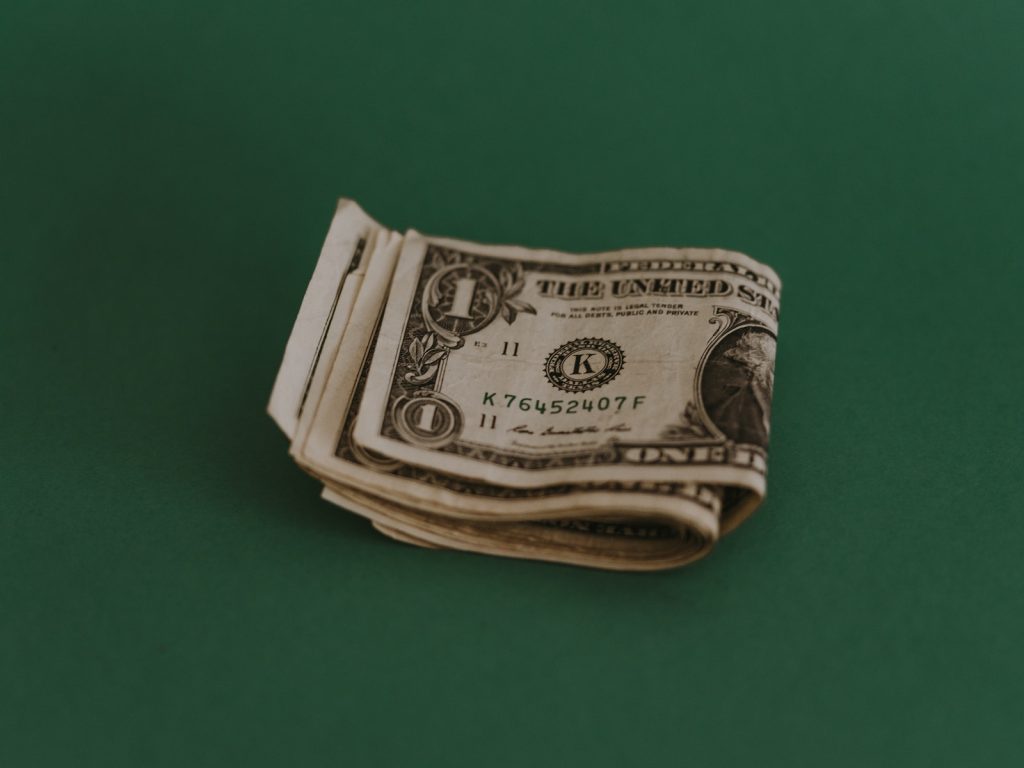Hello there, fellow ethical spenders! I’m Sarah Thompson, your friendly neighborhood advocate for responsible spending. For the past four years, I’ve been on a mission to help folks like you and me cultivate good spending habits that not only benefit our wallets but also the planet and society. So, grab your favorite eco-friendly beverage and let’s dive into a comprehensive guide to developing responsible spending habits!
Mindful Purchasing: The First Step Towards Ethical Spending
Responsible spending begins with mindfulness. Before you even reach for your wallet, take a moment to ponder whether you truly need that item. Think about the environmental impact, the ethical practices of the company behind the product, and whether it aligns with your values.

Let’s say you’re eyeing a new smartphone. Instead of blindly upgrading, consider whether your current device still serves your needs. Is there a more sustainable option available, like a refurbished phone? Mindful purchasing is about making choices that reflect your values while also minimizing waste.
Budgeting 101: Tracking and Prioritizing Expenses
Budgeting may sound boring, but it’s a vital step in developing responsible spending habits. Create a monthly budget that outlines your income and expenses. This helps you keep track of where your money goes and identify areas where you can cut back or redirect funds toward more meaningful pursuits.
For instance, if you’re spending a hefty chunk of your income on takeout meals, you might realize that cooking at home not only saves money but also reduces single-use packaging waste. It’s a win-win situation for your wallet and the environment.
Embrace Sustainable Brands: Putting Your Dollars to Good Use
Supporting ethical and sustainable brands is a powerful way to make a positive impact. Seek out companies that prioritize fair labor practices, environmentally friendly production methods, and give back to their communities.
Let’s say you’re in the market for new clothing. Instead of choosing fast fashion brands, opt for those that use organic materials, have transparent supply chains, and pay fair wages to workers. Not only will your wardrobe thank you, but you’ll also contribute to a more equitable world.
Ditch Impulse Buying: The Art of Delayed Gratification
Impulse buying can be a budget’s worst enemy. To combat this, practice the art of delayed gratification. When you spot something you want, give yourself a cooling-off period before making the purchase. If you still want it after a day or two, then go ahead.

For example, if you’re tempted to buy that expensive designer handbag, sleep on it. Chances are, you’ll realize that it’s not a necessity, and your bank account will thank you for resisting the urge.
The Power of DIY: Unleash Your Creativity
Developing responsible spending habits often means getting creative. DIY (Do It Yourself) projects not only save you money but also reduce your environmental footprint.
Imagine you’re redecorating your home. Instead of buying brand-new furniture, consider upcycling or refurbishing your existing pieces. You’ll save money, reduce waste, and unleash your inner artist in the process.
Debt Management: The Key to Financial Freedom
Responsible spending goes hand-in-hand with managing debt effectively. High-interest credit card debt can be a financial burden, making it challenging to save or invest in ethical ventures.
If you’re in debt, create a repayment plan, and explore ways to lower interest rates. Once you’re on the path to financial freedom, you’ll have more resources to support ethical causes and responsible spending.
Educate Yourself Continuously: Stay Informed
The world of responsible spending is ever-evolving. Stay informed about ethical consumer choices, sustainable practices, and new ways to make a positive impact. Subscribe to ethical living blogs, follow eco-conscious influencers, and read books on the subject.
By staying up-to-date, you can make informed decisions that align with your values. For example, you might discover a new local farmer’s market that offers fresh, organic produce, reducing your reliance on large grocery store chains.
Share Your Journey: Inspire Others
Lastly, don’t keep your responsible spending journey to yourself. Share your experiences, challenges, and successes with friends and family. Your actions can inspire others to adopt more ethical spending habits and create a ripple effect of positive change.
In conclusion, developing responsible spending habits is a journey that not only benefits your financial well-being but also contributes to a better world. By practicing mindfulness, budgeting, supporting sustainable brands, and embracing DIY projects, you can lead a fulfilling life that aligns with your values. Remember, it’s not about being perfect but making progress one responsible purchase at a time. So, let’s embark on this ethical spending adventure together, one mindful choice after another. Happy spending, responsibly!

































